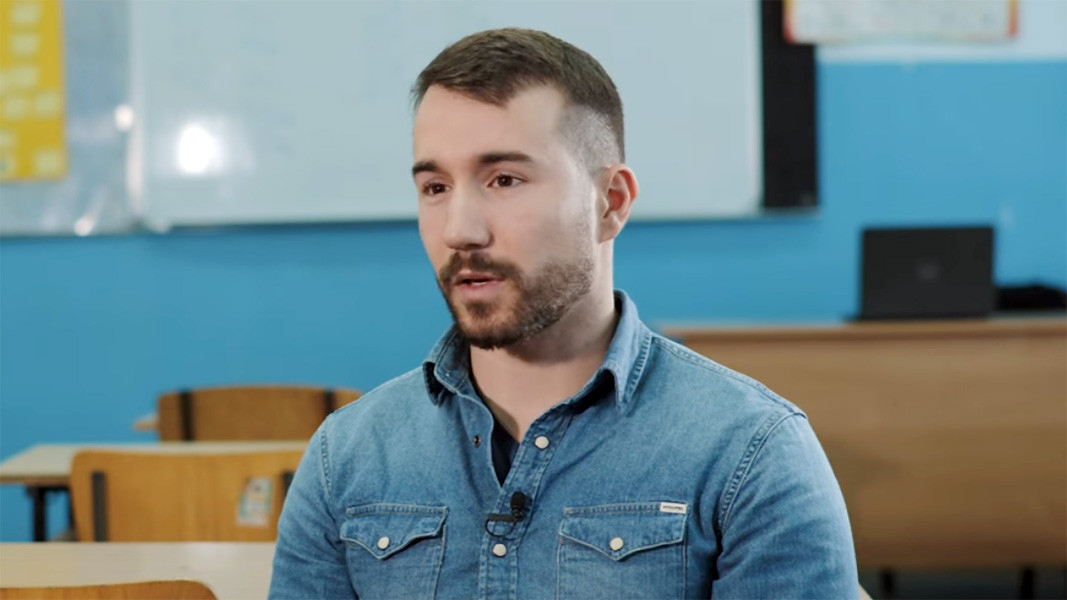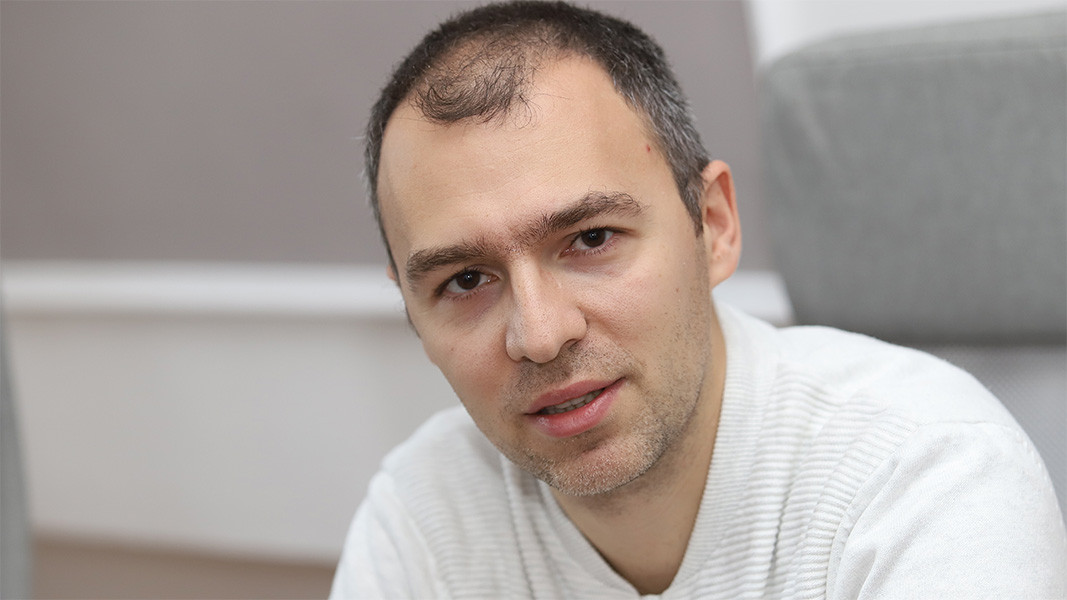Choosing a car after reading the description and making a comparison with the specifics – this is part of the functional literacy skills. These are the kind of skills the Programme for International Student Assessment (PISA) assesses. The data for 2022 show a deplorable result by Bulgarian students, laying bare the systemic problems in the educational system of Bulgaria. 54% of 15-year olds in Bulgaria are below the critical knowledge and skills minimum in mathematics, 53% do not have basic reading skills, and 48% have serious deficiencies in natural sciences. Bulgarian students scored results that were lower than the average for the 80 countries included in the assessment, they were also down compared to 2018. The decline in the results by the 15-year olds has been a durable trend since 2015. Minister of Education Galin Tsokov announced that for 8th and 9th grade students in Bulgaria, entry levels would be introduced – tests connected with practical problems from the PISA tests. But that will likely not be enough to improve children’s skills of applying their knowledge in real-life situations. The reforms are not taking place in the way they should – very often the changes are piecemeal, with no comprehensive vision, Gergana Efremova from the Teach for Bulgaria platform says in a comment on the low results scored by the Bulgarian students.
“PISA may be a different test from the kind of assessment students know from school, the kind of assessment that is widespread. At the same time if we take a look at the results from the assessments which our system has developed and applies – the national external assessment – in the 7th and in the 10th grade, the state matriculation exams after the 12th grade – what we are seeing is that the results are no better here. The system is failing to fulfill even its own requirements.”
Danail Raikov, mathematics teacher at secondary school No. 75 in Sofia says:
“What we are seeing, again, is the “adjustment” of our educational system so that students can do better in these assessments. We would do better to take a look at the curriculum in which there is absolutely no connection with any practical purpose, and that is where these differences come from.”
“Children in Bulgaria are not more stupid than the children in Poland or in Estonia, but our system of education is stunting them in such a way that later in life they make stupid decisions,” says Dobromir Ivanov, CEO of the Bulgarian Entrepreneurial Association BESCO, which brings together more than 500 companies in 70 different industries. “We apply in life the logics we learnt at school but when this is not encouraged and children are only stimulated to learn by rote, a child with a potential is turned into someone who has no idea how to cope in live. This affects businesses very much, because we then have to set up our own academies and invest in teaching them things they should have learnt at school.”
The PISA assessment provides pertinent feedback, and is a slap in the face, showing that we have a fundamental, a huge problem that calls for decisive action:
“We believe that in the coming 3 to 12 months almost all reforms can be implemented in education, and that we shouldn’t just be using the word “reforms” which is a bit “frayed” in the eyes of the public. What is more important is what should be changed exactly. There are four components that are important: it is important how a person is chosen to be a teacher, how well trained they are, how supported they are, and also what content they teach. We have fundamental problems in all four components. Creating a quality standard is of vital importance. The good news is that at the moment, there is agreement both in the Ministry of Education and in the parliamentary education committee on the problems and the solutions, and that people are working on them.”
The need of a comprehensive reform instead of piecemeal changes is obvious, Danail Raikov says. But he is not overly optimistic when it comes to the political will in this country:
“Unfortunately, the political situation we are now seeing, and the political turmoil are an indication that there is no such will for reform. This is a highly unpopular job but it has to be done, and it is high time everyone took responsibility – at a political, as well as at a local level. Including the teachers, because we are all in these children’s debt, and we have no right to stop them in their evolution, to stunt them with methods that should have remained in the 20th century while the world is changing so dynamically. There is no way small changes can reflect the changes taking place globally.”
Interviews by Veneta Gavrilova, Hristo Botev channel and Tanya Milusheva, Horizont channel, BNR
Text by Elena Karkalanova
Translated and posted by Milena Daynova
Photos: BGNES, zaednovchas.bg
The Varna Regional Library "Pencho Slaveykov" has acquired a humanoid robot. It was unveiled by the library's director, Radka Kalcheva, during the celebration of the 20th anniversary of the library's American Corner, in the presence of Eric Brasel, the..
1000 participants will take part in the first Burgas Half Marathon, which will take place this Sunday, 24 November. The event will bring together amateurs and professionals of different ages who will compete in three distances - 1 km, 10.5 km and 21 km...
Two graduates of the Bulgarian School "Saints Cyril and Methodius" in Jordan presented their achievements at an event at their school "Hadi al Muhammadi" in Amman. The photo, published on the Bulgarian school's Facebook page , shows third graders..
The village of Zmeyovo near the town of Stara Zagora is celebrating today, December 21, its traditional Festival of Pelin Wine. According to an..
Each piece evokes warmth and nostalgia because each is handmade and unique. The silvery reflections on the glass baubles take us back to childhood, when..
The making of knitted products is a traditional craft that deserves a revival and a new life, believes Alexandrina Pandurska, known for her numerous..

+359 2 9336 661
